
Nagpur Municipal Corporation secures 3.1 hectares in Chikhli Khurd for a vital 35 MLD sewage treatment plant, approving ₹11.77 crore compensation. This move bolsters wastewater management in expanding zones, preventing pollution, and aligns with the 2026 commissioning under the revised Nagpur Development Plan amid urban growth pressures.

RTI data uncovers 2,097 complaints against Nagpur builders from 2022-2025, with 77% of 2025 cases targeting developers. Unresolved cases hit 866 in 2024, signaling eroding trust amid surging disputes and calls for stricter oversight.

NMRDA begins acquiring 1,710 acres near Nagpur for India's next financial hub modeled on Mumbai's BKC and GIFT City, targeting 500,000 jobs with ₹1.5-2 crore per acre land prices.

Maharashtra's ambitious Rs 6,500 crore New Nagpur project along Samruddhi Expressway triggers dramatic land price surge, with values reaching Rs 2 crore per acre in key villages.

Bhumesh Realtors capitalizes on Nagpur's infrastructure boom driven by MIHAN airport and Metro expansion, establishing the city as a premier investment destination for growth.
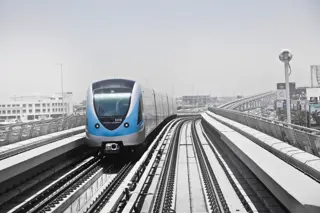
Nagpur's MIHAN SEZ and Metro expansion are transforming Butibori into a high-potential investment zone. Strategic infrastructure, affordable land rates, and proximity to economic corridors promise long-term ROI for smart investors in this emerging industrial and residential hotspot.

Wardha Road transforms into Nagpur's real estate hotspot, driven by MIHAN development, expanding Nagpur Metro, and proximity to AIIMS. Strategic infrastructure boosts demand for premium residential and commercial spaces, attracting investors and homebuyers.

Nagpur's residential market has surged post-COVID, with apartment sales doubling to 2,211 units, driven by infrastructure upgrades, returning professionals, and demand for 2-3 BHK homes. Flexibility in plotted developments and land availability are supporting price stability.

Explore the importance of legal checks in Nagpur's booming real estate market, strategies to avoid scams, and how agencies simplify secure transactions with free legal assistance.

Explore Nagpur’s evolving real estate landscape with analysis of 2025 land price trends across residential, commercial, and agricultural sectors. Discover zones seeing 8-30% annual appreciation, infrastructure-driven growth areas, and critical legal safeguards for secure investments.
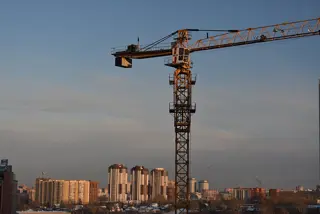
Samruddhi Circle in Nagpur has become a premier investment destination with land prices surging 3.7x since 2015 and projected to grow 5.2x by 2035. Boosted by infrastructure like the Samruddhi Expressway and Metro Rail, this Tier-II city micro-market offers high investment potential. Experts highlight Nagpur's transformation into India's key real estate hotspot.

Nagpur’s real estate market is thriving due to infrastructure upgrades, Smart City projects, and strategic location, driving property prices up by 58% in key areas like Hingna Road.

Nagpur's real estate market witnesses rising interest in mid and luxury homes as economic opportunities and strategic infrastructure drive buyer confidence.
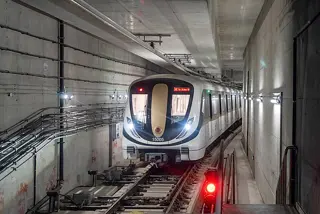
The Nagpur Metro Rail Project is transforming urban connectivity, sparking increased property demand along key corridors as residents seek improved access to commercial hubs and residential developments.

Real estate developers are aggressively acquiring land in India, particularly in major cities, driven by high housing demand. This trend is expected to continue in 2024, with Tier-1 and developing areas remaining hotspots.
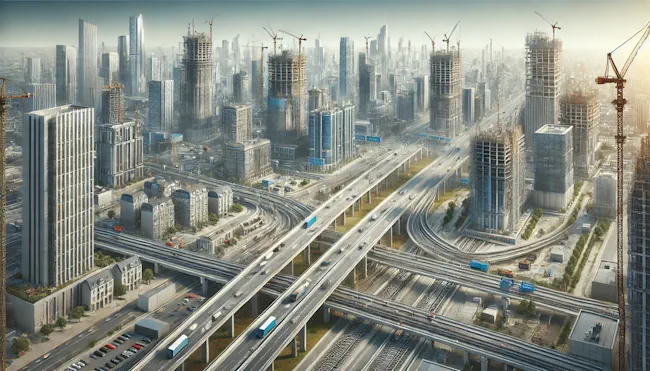
Urban development has approved a 1% increase in stamp duty for the Metro rail corridor, raising it to 7.5%, while discussions on boosting FSI continue.

Housing prices rose up to 6% in 12 Indian cities, while 10 cities saw a decline of up to 9% in Q2 FY24. Delhi-NCR experienced a 5% dip QoQ but a 7% YoY surge.

Credai Maharashtra praises state's decision to reserve 20% of flats for the weaker section in developments on one acre of land. The policy aims to reduce slums and provide affordable housing.
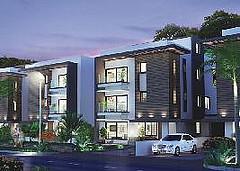
Surabhi Chemicals, recently acquired by Mahadhan Vincom, is venturing into real estate with projects planned in Nagpur, Surat, and Vadodara. The company intends to invest Rs. 30 crore, focusing on western India.
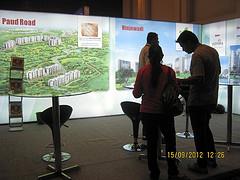
Indian builders showcase new projects at Kuwait Property Exhibition on January 11-12, targeting NRI homebuyers with properties from various cities and attractive investment opportunities.
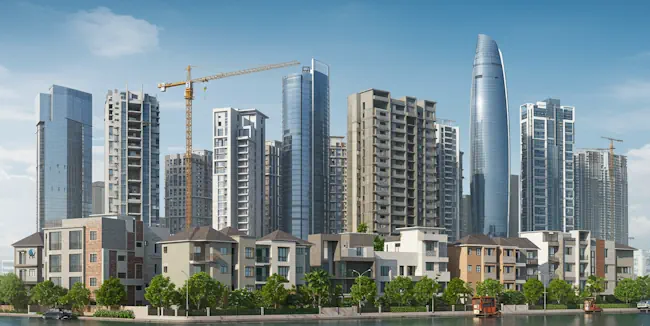
Unity Infraprojects, with a healthy order book and strong balance sheet, presents a good investment opportunity. The company is poised to unlock value from its 9 million sq ft real estate projects across India.

The state government will implement its affordable housing policy on April 15, requiring builders to reserve 20% of land for small-sized housing, despite some reservations.

Demand for homes in smaller Indian cities attracts big real estate developers, with 354 million sq ft of residential development expected in 3 years.

Chief Minister Prithviraj Chavan inaugurated a web-based portal for issuing clearances for new building projects in Thane, aiming to enhance transparency and efficiency.

Real estate brokers in major Indian cities are switching to other businesses due to a slump in home sales. Smaller players are particularly affected, forcing many to seek jobs in different sectors.